SELF REGULATION EXAMPLES
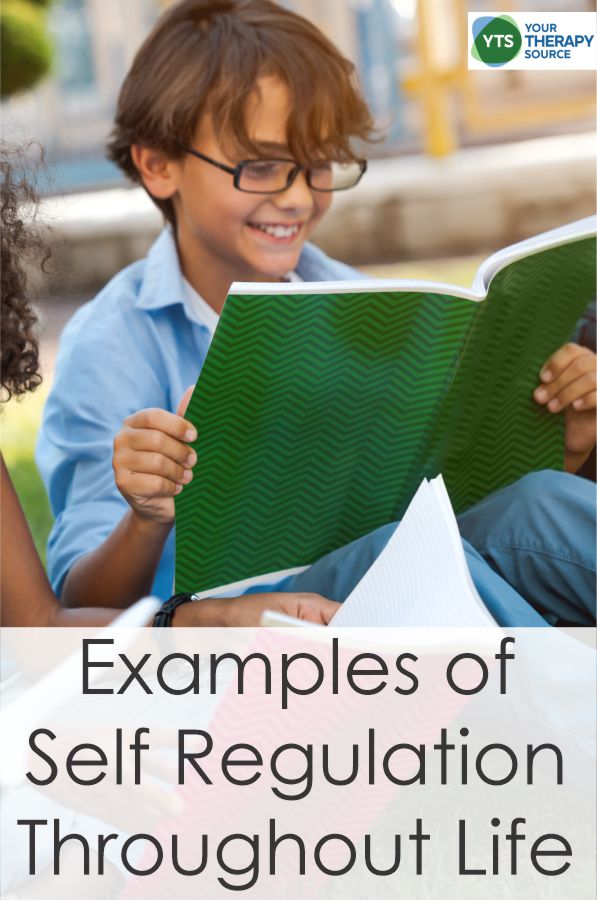
Self-regulation is a skill that all students need in order to be successful in school and beyond. It involves the ability to control emotions, set goals, and make good decisions. Unfortunately, not all students come into school with these skills already developed. It is our job to help them learn how to self-regulate. There are different types of self-regulation such as emotional self-regulation and behavioral self-regulation. There are many different ways to help kids with self-regulation skills, so we’ll take a look at some specific self regulation examples.
WHAT ARE EXAMPLES OF SELF REGULATION AT SCHOOL?
School can be a busy and complicated place. With so much going on, students need to learn certain self-regulation skills in order to succeed in this environment. Keep in mind that students who have special needs may need extra support or more time to develop some of these self-regulation skills. Mental health problems like depression or anxiety disorders can also contribute to these skills being more difficult to master. It may be worth it to make sure there are some self-regulation goals in their IEP. Here are some examples of self regulation at school.
Following School Rules
There are rules in place at school to keep everyone safe and to help the learning environment run smoothly. Self-regulation is needed to follow these rules, even when friends are not following them or when it would be easier to break the rules.
Listening In Class
In order to learn from lectures and discussions, students need to be able to focus their attention and resist distractions. This can be a challenge for some, but there are strategies that can help, such as taking notes or sitting in the front of the classroom.
Completing Homework On Time
This requires setting a goal, planning how to complete the task, and then following through with the plan.
Arriving To Class On Time
Arriving at class on time is about being punctual and about being prepared for lessons. This means having everything you need in your backpack the night before and getting up early enough to leave for school with plenty of time to spare.
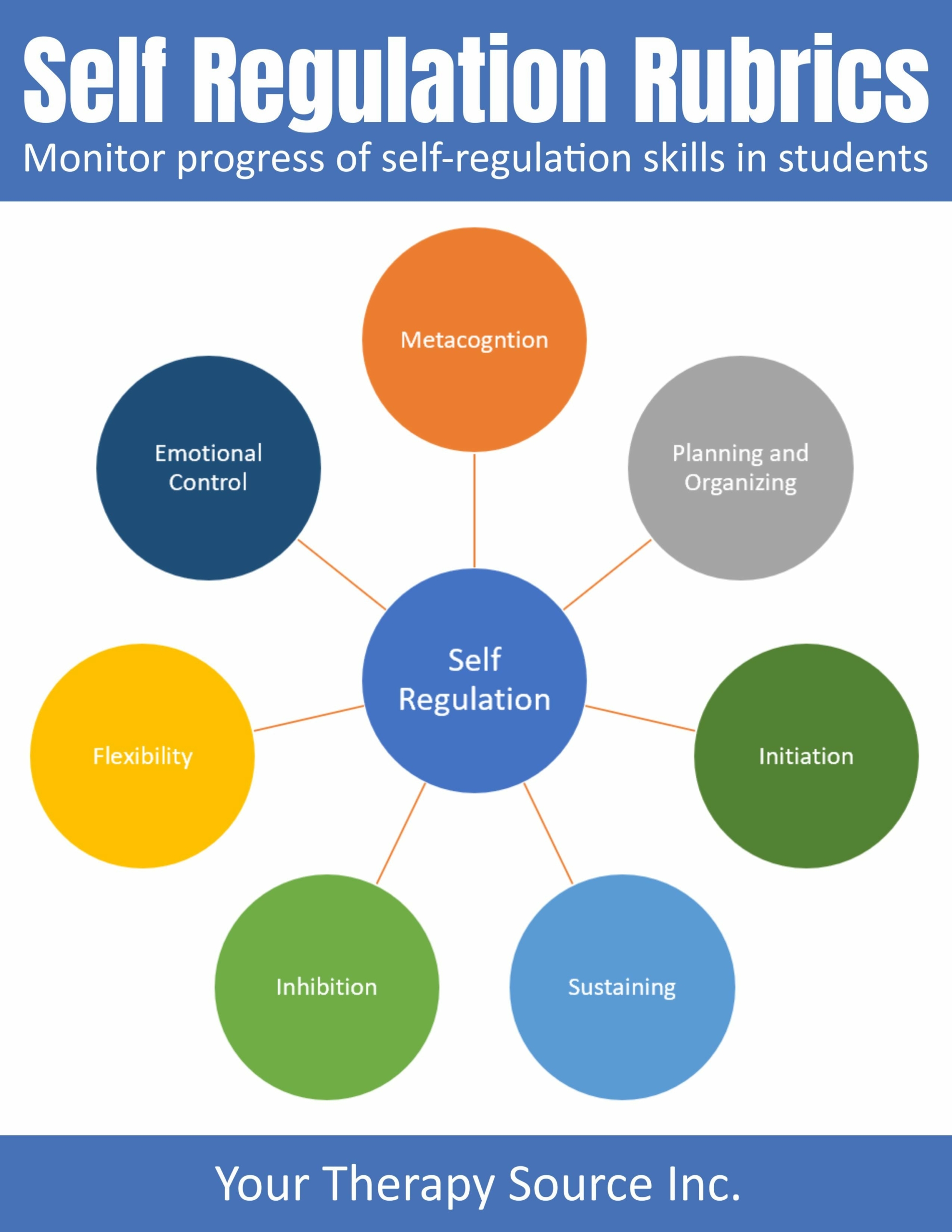
Student Self-Regulation Rubrics
WHAT ARE EXAMPLES OF SELF REGULATION AT HOME?
Good self-regulation skills can just as easily start at home. Caregivers can model and help teach these skills. There are plenty of things that we do at home that require us to know how to self-regulate. Here are a few:
Doing Chores
Chores are a necessary part of life, but they can be unpleasant. Self-regulation is needed to complete them. This might mean setting a goal of finishing all chores by a certain time or breaking up the tasks into smaller, more manageable parts.
Eating Healthy Foods
Making healthy food choices is important for our physical and mental health. It can be hard to resist unhealthy snacks, but self-regulation is key to eating a balanced diet.
Getting Enough Sleep
Many people do not get enough sleep, but it is essential for our health and well-being. Self-regulation is needed to go to bed at a reasonable time and to avoid distractions and negative thoughts that can prevent us from falling asleep.
WHAT ARE EXAMPLES OF SELF REGULATION IN THE COMMUNITY?
When kids go out in the community, there are some self-regulation skills that are necessary in order to be functioning members. These are some examples of self-regulation skills that communities expect:
Respecting Others
We need to be able to control our emotions and words in order to respect others. This includes both speaking kindly and listening with an open mind.
Being Patient
Patience is important in many different situations, such as waiting in line or dealing with a difficult situation. Self-regulation is necessary to avoid anger and frustration.
Following Laws
Laws are put in place to keep everyone in the community safe. Self-regulation is required to follow them, even when we don’t agree with them or when it would be easier to break the rules.
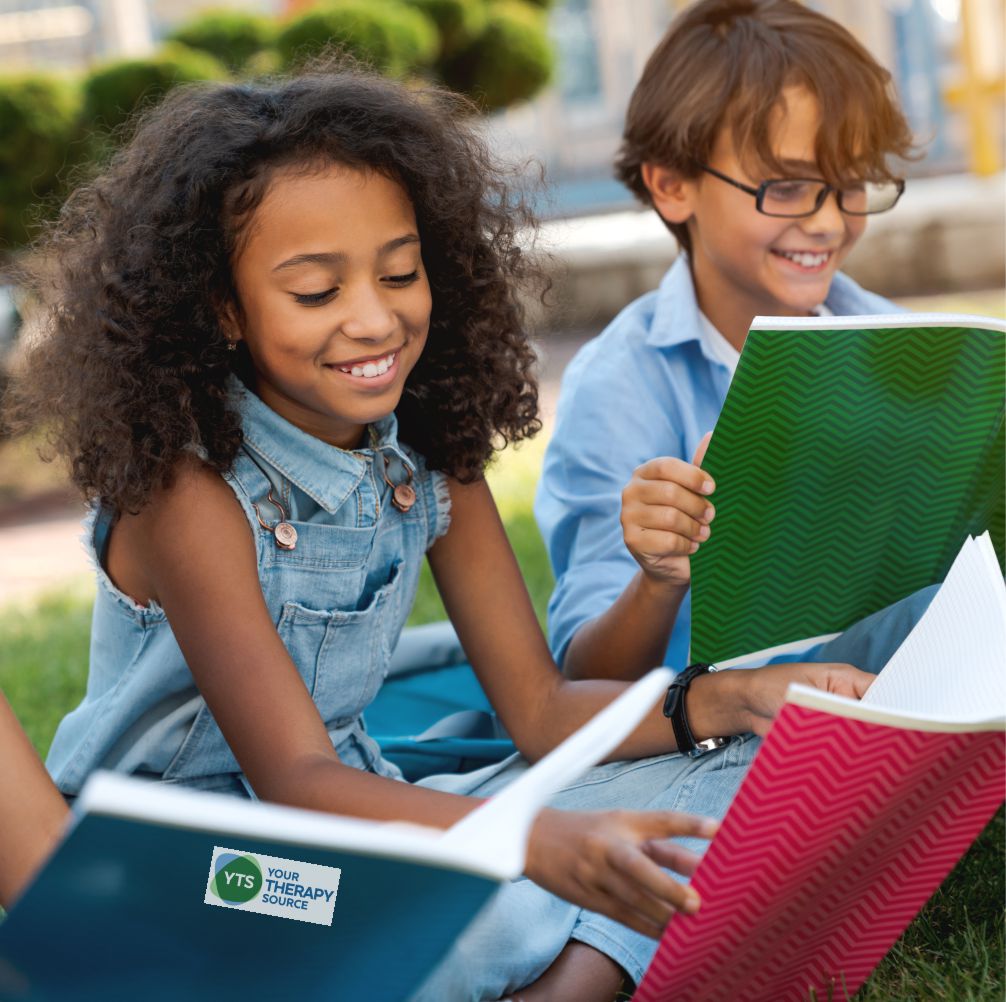
SELF REGULATION EXAMPLES BY AGE RANGE
While self-regulation skills are important for everyone, it is noteworthy to realize that young children and teenagers will have different capabilities in terms of their self-regulation skills. A child’s self-regulation will look different from an adult’s. Here are some self-regulation examples that are age-appropriate for each age range. Keep these in mind to help you manage your expectations when you are working with a certain age group. Also, remember that not all children are the same and normal child development can vary a lot.
SELF REGULATION EXAMPLES FOR PRESCHOOL
Preschoolers are at the stage where they can understand what is being asked of them at a relatively basic level. In early childhood and as toddlers, kids still have some very big, strong emotions and impulses that are often difficult to control. Preschoolers are in a place of developing independence which can also result in some challenges when it comes to self-regulating. Tantrums and outbursts are often worse in the toddler stage, but have not disappeared for most preschoolers. Here are some reasonable self regulation examples for preschoolers to work on:
- Taking turns
- Listening to the teacher
- Not throwing temper tantrums
- Following instructions
- Raising their hand to speak
- Staying in their seat
- Calming down when they are upset
Read more on self regulation and preschoolers.
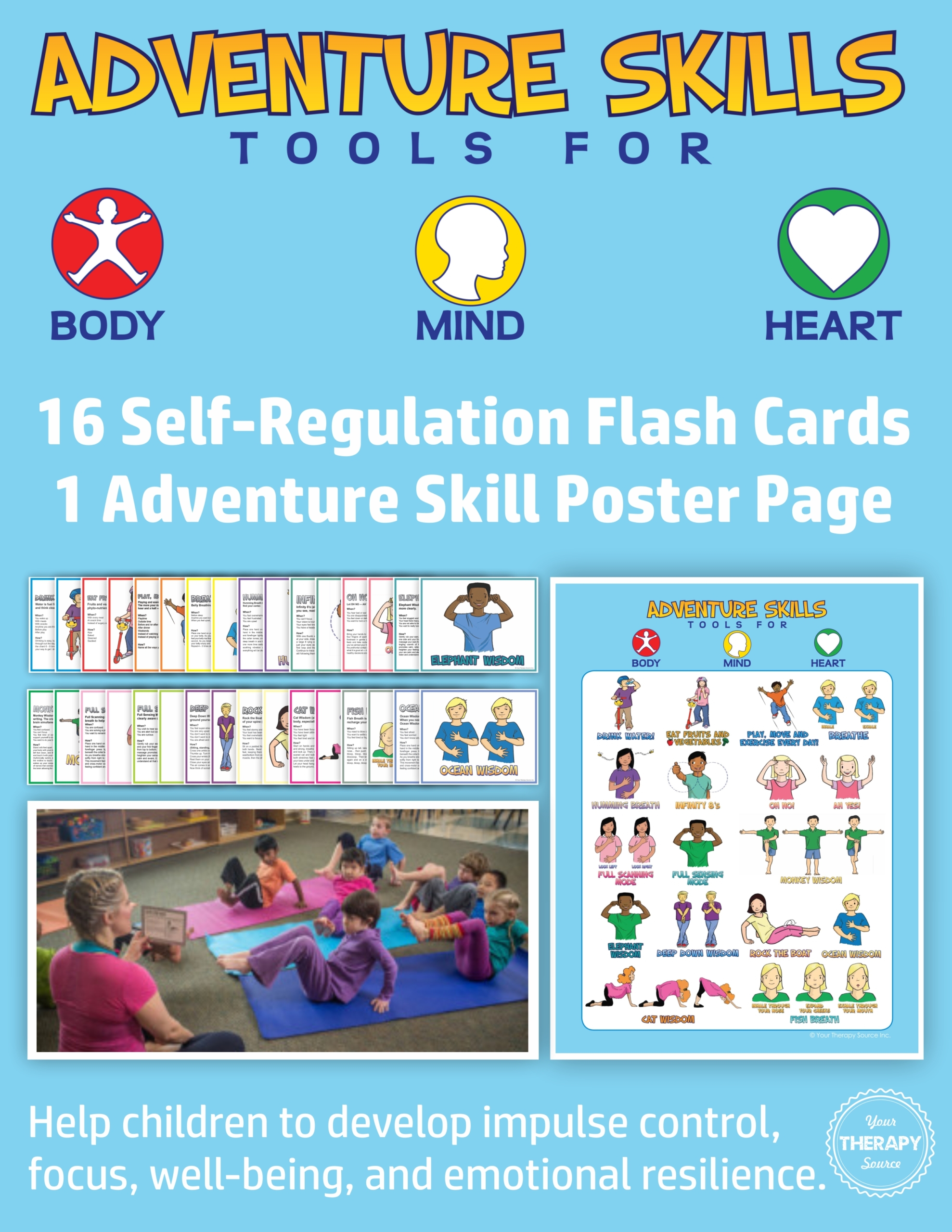
Self-Regulation Flash Cards – Updated
SELF REGULATION EXAMPLES FOR ELEMENTARY SCHOOL
Most elementary school students have developed more than preschoolers in terms of their abilities to self regulate. They still may have a hard time managing big emotions, but they are in a place where they are beginning to take on responsibility at school and home. Helping elementary schoolers with self-regulation can be as fun and easy as doing some great self-regulation activities. Here are some age-appropriate self-regulation skills that you can help elementary school students with:
- Doing homework on time
- Arriving to class on time
- Listening in class
- Following school rules
- Respecting others
- Being patient
Read more on self regulation and elementary students.
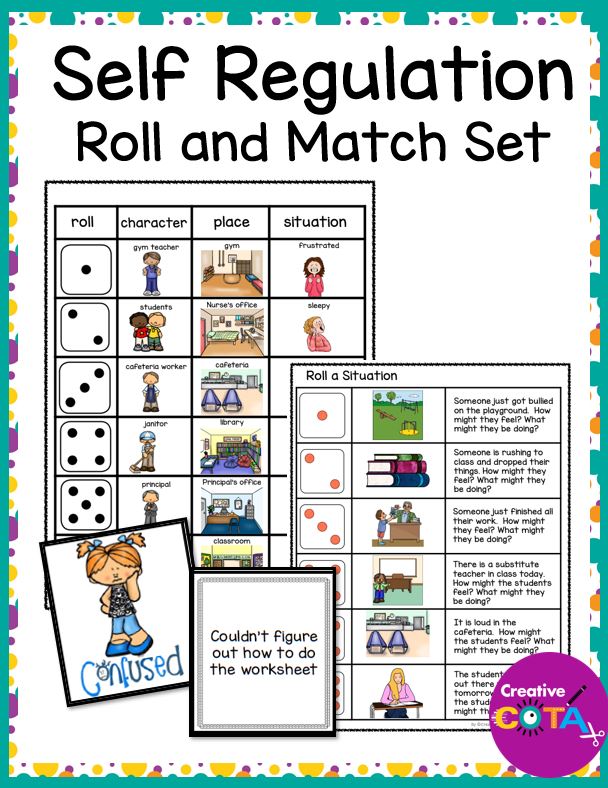
Roll a Situation Self-Regulation Activity
SELF REGULATION EXAMPLES FOR MIDDLE SCHOOL
By the time students reach middle school, they have a good understanding on what it should look like when they are self-regulating well. Middle schoolers have the job of refining their skills so that they are productive in school and in their relationships. They should begin taking ownership of their own learning. Often middle school students are prone to mood swings, but with the development of their emotional regulation skills, they can begin to manage their own emotions. These are some good self-regulation skills for middle school students:
- Managing time wisely
- Staying organized
- Controlling emotions
- Setting goals
- Making healthy choices
- Self-control
- Avoiding procrastination
- Practicing good hygiene
- Developing problem-solving skills
This is a helpful self regulation checklist to assist your students for self monitoring.
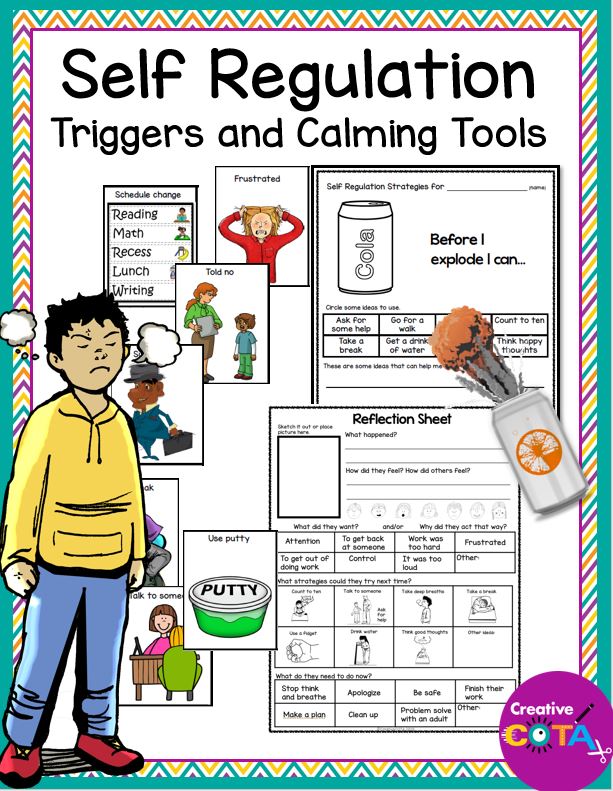
Self Regulation Triggers and Calming Tools
SELF REGULATION EXAMPLES FOR HIGH SCHOOL
High school students are in the unique position of really beginning to become adults. With this in mind, they should be exhibiting self-regulation skills that they will bring with them into healthy adulthood. The vast majority of high schoolers still live at home, but they are now capable of learning many other responsibilities that no longer need to be supervised by their parents. Here are some helpful self-regulation skills for high school students to learn:
- Becoming an independent learner
- Being responsible with money
- Healthy social media use
- Cooking meals
- Doing laundry
- Cleaning the house
- Taking care of pets
- Balancing work and school
- Self-awareness
- Develop coping strategies for challenges
- Self-advocacy
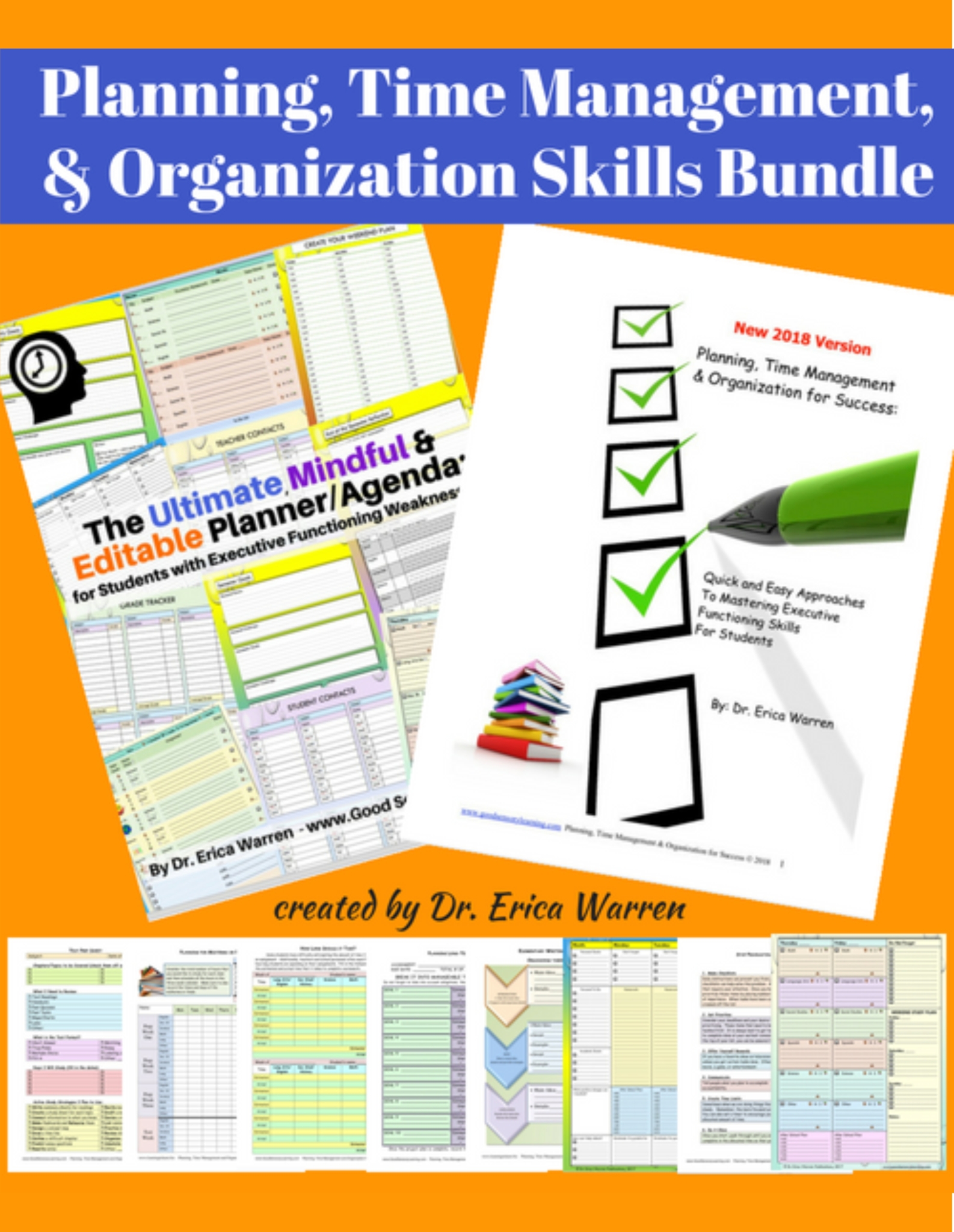
Planning, Time Management, and Organization Skills Bundle
SELF REGULATION EXAMPLES FOR ADULTS
Once kids have surpassed high school, we begin to think of them as adults. In truth, there are stages of adulthood as well, so these adult self-regulation skills may still be a work in progress for many young adults. Nonetheless, here are some examples of ways that adults should be self-regulating.
- Eating healthy
- Exercising regularly
- Saving money
- Paying bills on time
- Avoiding drugs and alcohol
- Managing stress
- Self-reflection
Read more about emotional regulation and adults.
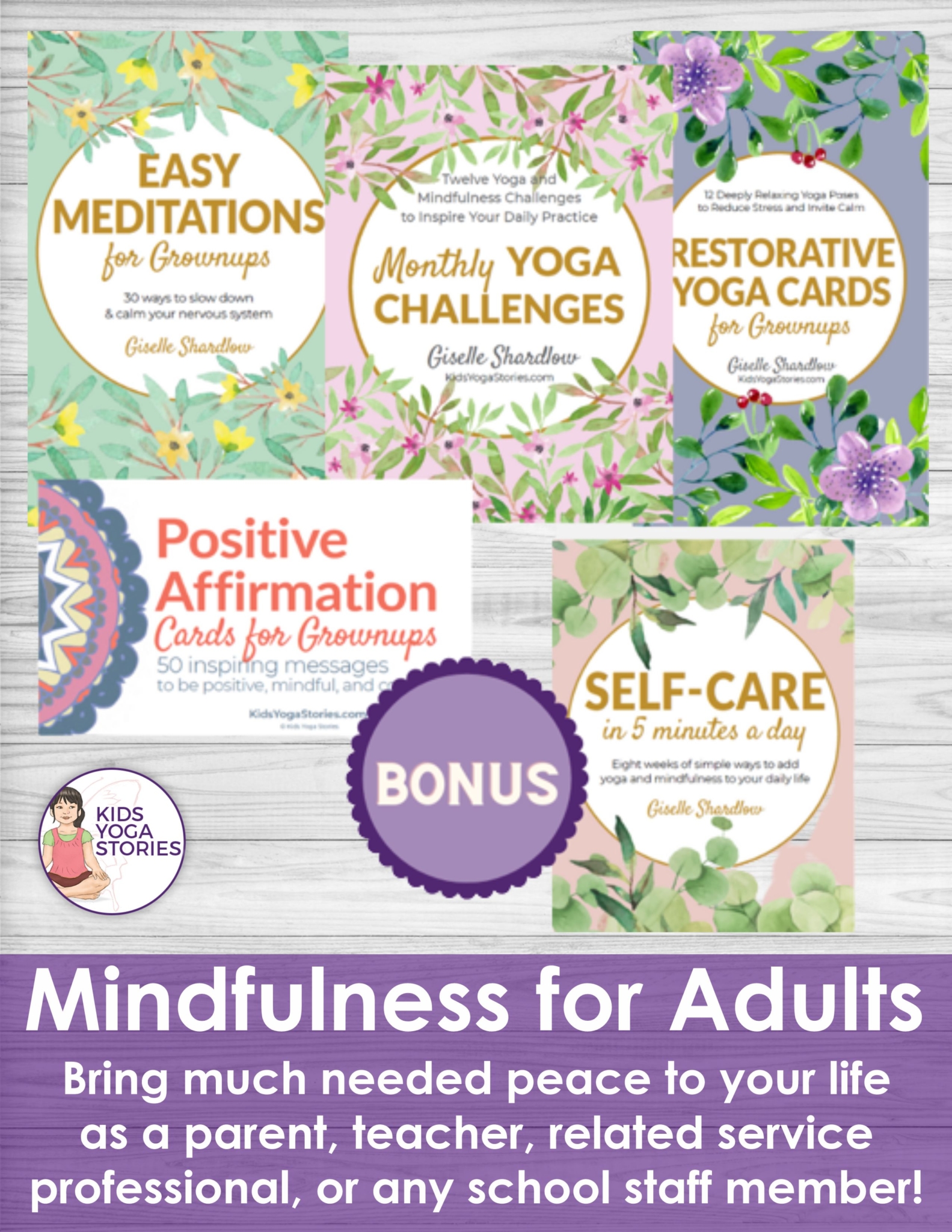
Mindfulness for Adults Bundle
Self-regulation is important at every stage of life. It is never too early or late to learn and develop self-regulation skills. The examples we’ve shared can give you a good starting point, but it is important to find what works best for your students and their unique situations. By practicing self-regulation, everyone can become more successful and happier individuals.


